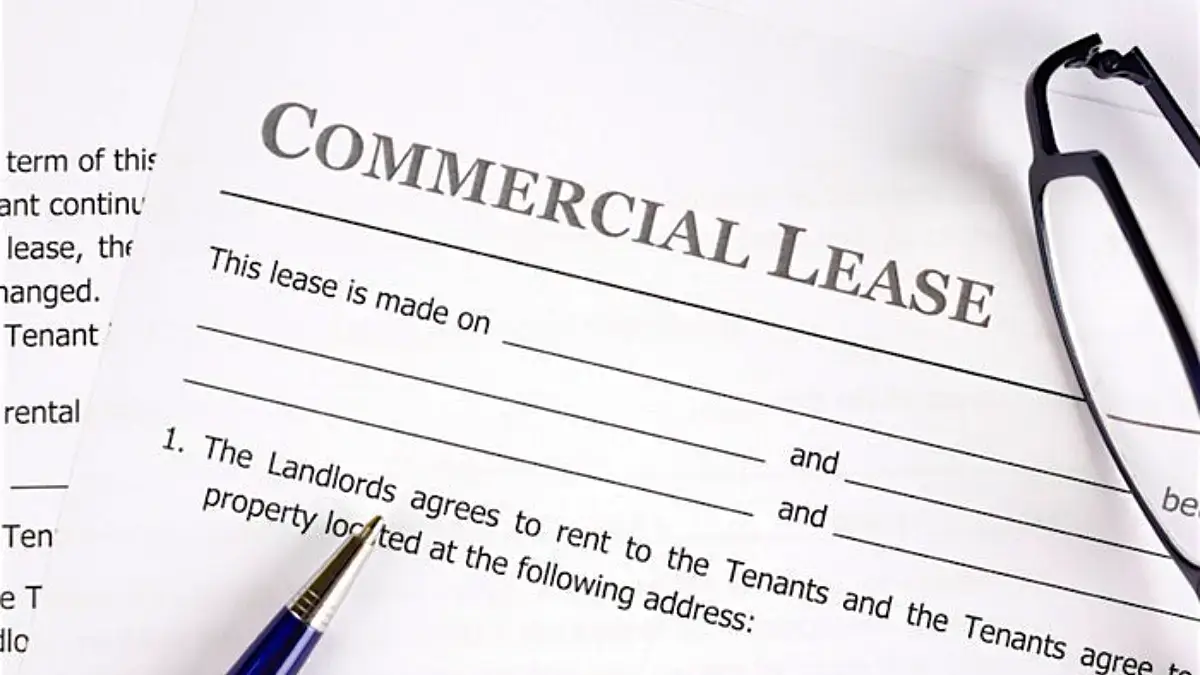Negotiating Substitute Premises Provisions in Commercial Leases
Commercial leases, office, retail, and industrial leases sometimes include relocation clauses. The purpose of commercial lease relocation clauses is if new space becomes available during the lease term, landlords can move tenants within a property to create sufficient space to accommodate larger tenants.
Tenants in multi-tenant commercial buildings, whether office, retail, or industrial, should, nevertheless, carefully assess the ramifications of this clause. They may wish to negotiate its removal from the lease agreement if they have sufficient bargaining leverage. However, building owners are likely to be non-negotiable on this item if the tenant is relatively small in terms of the amount of space they occupy within a building or floor.
Why Do Landlords Favor the Substitute Premises Clause?
Landlords often prefer the inclusion of substitute premises provisions in lease agreements from a financial standpoint. This is because the landlord normally bears the costs of transferring tenants inside a property. As a result, landlords often use this provision only when there is a significant economic gain. For example, if a potential tenant is ready to lease a whole floor that is now partially occupied by a smaller tenant, the landlord would like to relocate the smaller tenant in order to maximize revenue.
Sample Commercial Relocation Provision
Landlord at its sole discretion shall be entitled to cause Tenant to relocate from the Premises to a comparably sized space, of comparable design and tenant improvements (the “Relocation Space”) within the Building or adjacent buildings within the same Property at any time upon sixty (60) days’ prior written notice to Tenant. The reasonable costs actually incurred in connection with the physical relocation of the Tenant to the Relocation Space shall be at the expense of Landlord. Such a relocation shall not terminate or otherwise affect or modify this Lease except that from and after the date of such relocation, “Premises” shall refer to the Relocation Space into which Tenant has been moved, rather than the original Premises as herein defined and the Base Rent shall be adjusted so that immediately following such relocation the Base Rent for the Relocation Space on a per square foot of rentable area basis shall be the same as the Base Rent immediately prior to such relocation for the original Premises on a per square foot of rentable area basis. Tenant’s Pro Rata Share also be adjusted in accordance with the formula set forth in this Lease.Com

Understanding Commercial Relocation Clauses
Relocating tenants to substitute premises is not a frequent occurrence. However, when necessary, tenants should ensure that the lease agreement outlines certain specifics. For instance, it should clearly define;
- All of the costs of the move will be paid by the landlord. This includes leasehold improvements, IT infrastructure, special equipment relocation and the costs to replace signage, stationery and marketing collateral.
- The substitute premises should be of similar size and quality, and the tenant should not incur any rental increases by accepting a larger space. Landlords may sometimes offer a larger space or more desirable space at no additional rent making the proposition more appealing to tenants.
- A tenant may desire to negotiate specific times when it will not be compelled to relocate, such as during peak seasons, the first and/or last few years of the lease term.
- A tenant should ensure there is a reasonable notice period for the Landlord to exercise the relocation provision.
Tenants may also want to negotiate the right to terminate the lease if suitable substitute premises aren’t available. This opens the door to successful buyout negotiations.
The optimal strategy for a tenant is to negotiate the removal of this provision from the lease. If it’s necessary to keep this clause to finalize a transaction, the danger is accepting broad general language. Tenants should ensure that the language used is specific and the definition of acceptable substitute premises is narrowly defined. With careful wording, the inconvenience of relocation can often be turned into an advantage.
Commercial lease agreements are complex legal documents. A business is best served when represented by an experienced tenant representative and real estate attorney.





